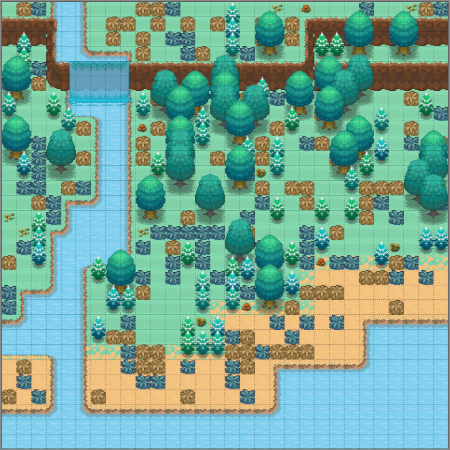concurrent map 
As explained here and here, the map type in Go doesn't support concurrent reads and writes. concurrent-map provides a high-performance solution to this by sharding the map with minimal time spent waiting for locks.
Prior to Go 1.9, there was no concurrent map implementation in the stdlib. In Go 1.9, sync.Map was introduced. The new sync.Map has a few key differences from this map. The stdlib sync.Map is designed for append-only scenarios. So if you want to use the map for something more like in-memory db, you might benefit from using our version. You can read more about it in the golang repo, for example here and here
usage
Import the package:
import (
"github.com/orcaman/concurrent-map"
)
go get "github.com/orcaman/concurrent-map"
The package is now imported under the "cmap" namespace.
example
// Create a new map.
m := cmap.New()
// Sets item within map, sets "bar" under key "foo"
m.Set("foo", "bar")
// Retrieve item from map.
if tmp, ok := m.Get("foo"); ok {
bar := tmp.(string)
}
// Removes item under key "foo"
m.Remove("foo")
For more examples have a look at concurrent_map_test.go.
Running tests:
go test "github.com/orcaman/concurrent-map"
guidelines for contributing
Contributions are highly welcome. In order for a contribution to be merged, please follow these guidelines:
- Open an issue and describe what you are after (fixing a bug, adding an enhancement, etc.).
- According to the core team's feedback on the above mentioned issue, submit a pull request, describing the changes and linking to the issue.
- New code must have test coverage.
- If the code is about performance issues, you must include benchmarks in the process (either in the issue or in the PR).
- In general, we would like to keep
concurrent-mapas simple as possible and as similar to the nativemap. Please keep this in mind when opening issues.
language
license
MIT (see LICENSE file)



